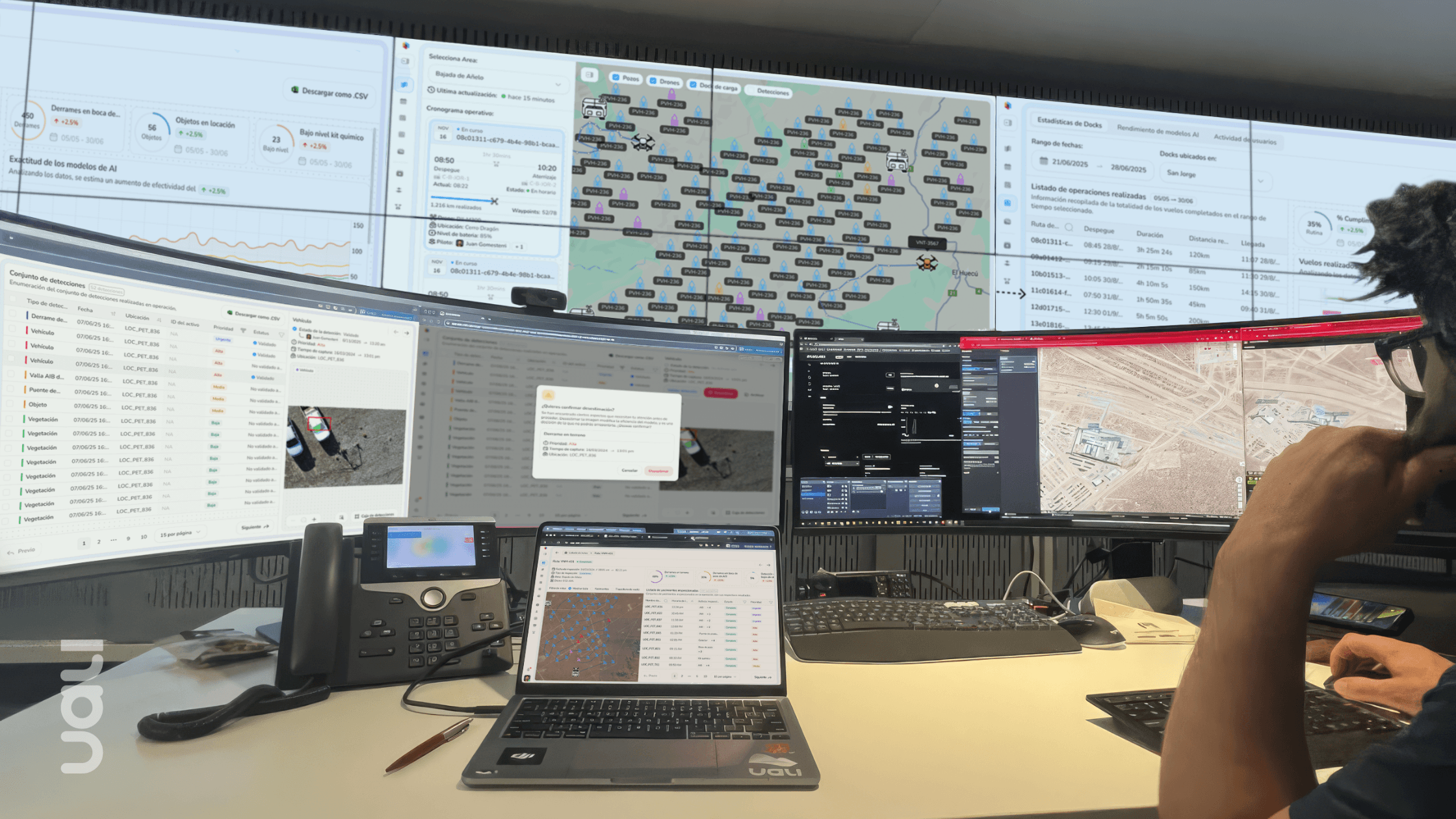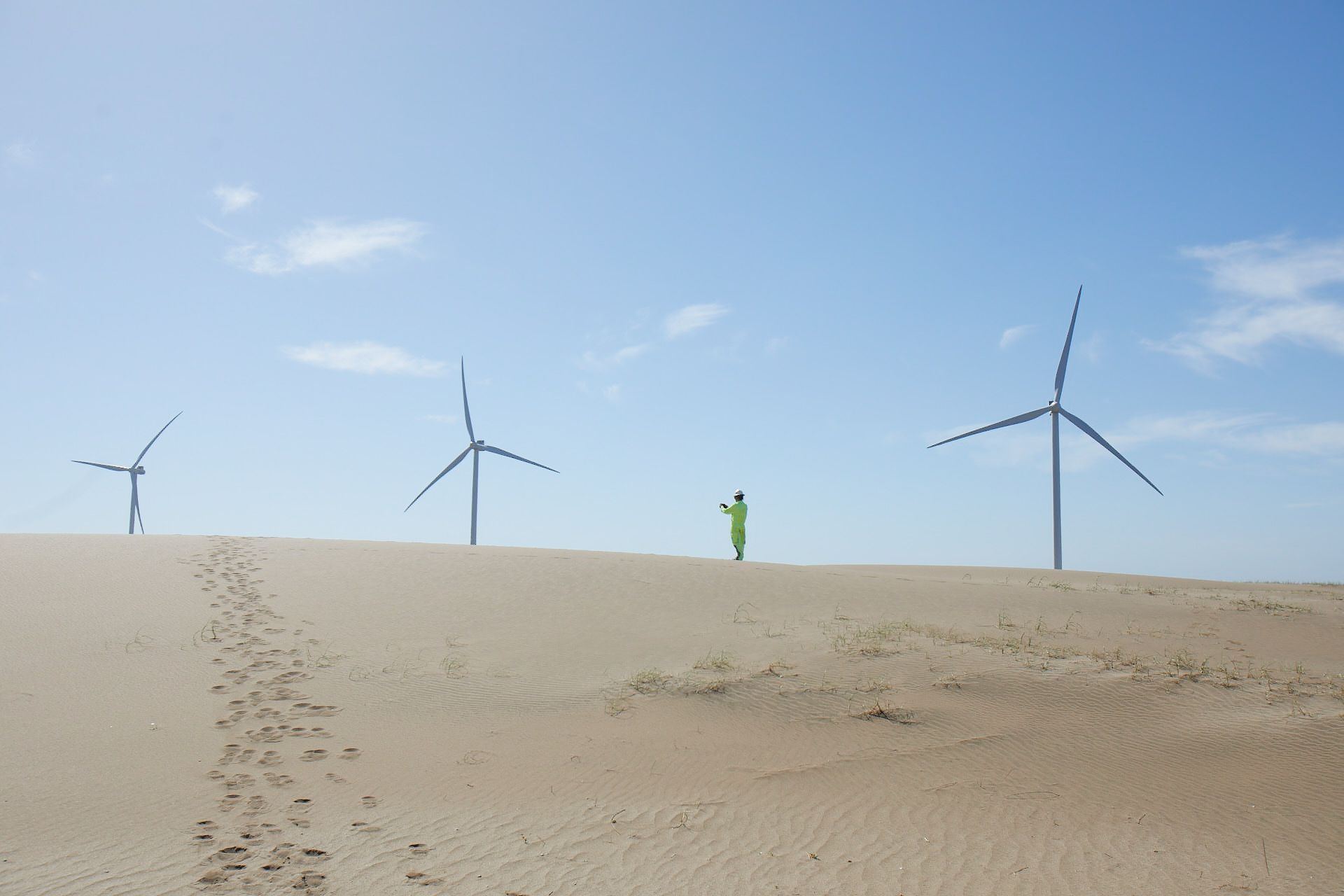News
Smart Monitoring: from reaction to prevention
In a context where operations demand agile responses and evidence-based decisions, artificial intelligence-powered monitoring has emerged as a key ally for anticipating failures, optimising resources, and transforming data into action. Today, the difference lies not only in what is detected, but in how well it is interpreted, and whether action is taken in time.

At Uali, we combine drones, sensors, and AI models trained to detect anomalies, predict failures, and support data-driven decision-making. This approach allows companies to move beyond reactive frameworks—which often arrive too late—and shift towards a culture of prevention, optimisation, and operational sustainability.
“Asset monitoring with artificial intelligence is no longer optional—it's what distinguishes a reactive company from one that’s prepared for the future.” — Nicolás Brunini – Head of Strategy and Technological Innovation, GSJ at Pan American Energy
Nicolás Brunini’s statement is more than just a compelling quote, it’s a precise reflection of the current state of the energy industry. In an environment of high operational demands, growing pressure for efficiency, and the urgent need to reduce environmental impact, having accurate, real-time insights into the condition of assets has become a clear competitive advantage.
→ Interested in how we’re transforming the industry? We recommend: “Intelligent inspections: drones and AI for a more efficient energy future”
What Does AI-Based Monitoring Involve?
- Continuous, remote coverage – even in hard-to-access locations
- Automated alerts – enabling early detection of abnormal conditions
- Historical comparisons – helping identify trends and plan predictive maintenance
- Risk reduction – operational and environmental
→ Curious about how we train our AI? Read: “AI trained to act in time: the key role of machine learning in asset maintenance”
Each inspection adds valuable data. And each new dataset sharpens our models, allowing them to learn from the environment, adapt to each client’s context, and scale to complex industrial needs. As Nicolás points out, it’s no longer just about monitoring—it’s about preparing for what’s next. That takes intelligence, collaboration, and vision.
At Uali, we combine drones with artificial intelligence to transform the inspection and monitoring of energy assets. We detect faults, optimise operations and reduce risks — leading to greater efficiency and lower environmental impact. Get to know us!
Diego Dabos
Business Developer


